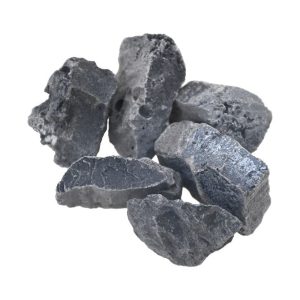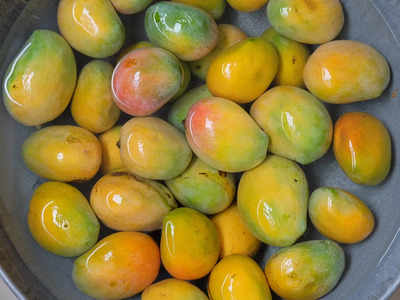The National Agency for Food and Drug Administration and Control (NAFDAC) has reiterated the dangers of eating fruit that has been ripened with calcium carbide.
According to scientists, calcium carbide is a grayish-black lump or crystalline (sand- like) powder with a garlic-like odor. It is used to generate Acetylene gas, as a reducing agent, and in steel manufacturing and metal cutting.

In other words, calcium carbide is purely for industrial use and it should not be brought near anything that is meant to be eaten.
Despite this warning, NAFDAC states that some sharp practices are ongoing in Nigeria where merchants have been caught using calcium carbide as ripening agents for fruit.
Nutritionists say that unscrupulous persons usually resort to ripening fruit with calcium carbide because such fruits are harvested prematurely and may, therefore, be incapable of ripening naturally.
What calcium carbide does to human health
According to the National Institutes of Health, once dissolved in water, carbide produces acetylene gas, which may affect the neurological system by inducing prolonged hypoxia.
The findings are headache, dizziness, mood disturbances, sleepiness, mental confusion, memory loss, cerebral edema and seizures.
In addition, health authorities warn that calcium carbide can irritate the skin causing a rash, redness and burning feeling on contact.
It can also cause permanent damage to the lens of the eyes (cornea); and exposures may cause a build-up of fluid in the lungs (pulmonary edema), which is a medical emergency.
Again, Gombe State Coordinator of NAFDAC, Mr. James Agada, warned that if eaten, carbide-ripened fruits can cause cancer, abdominal pain, and other illnesses.
He also said consuming such fruits can lead to heart, kidney, and liver failure.
Identifying calcium carbide-ripened mango
If you are a mango lover, here are some tips for identifying mangoes that have been processed with chemicals.
Naturally, when buying mango, the colour is important. However, NAFDAC says if a mango has been ripened with chemical, it will have green spots.
An online platform also states that dipping mangoes in a bucket or bowl of water will reveal whether or not they’ve been bathed in calcium carbide.
“Mangoes that sink in water are naturally ripe. But if they float, they’ve been most probably cooked with chemicals.”


